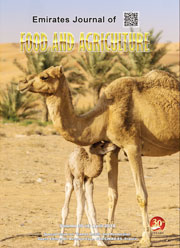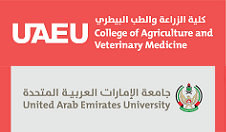Optimizing efficacy of turnip growth through foliar application of glutamic acid under saline conditions
DOI:
https://doi.org/10.9755/ejfa.2023.v35.i4.3015Abstract
Salinity is assumed to be a distressing abiotic factor that mainly disrupts crop quality and yield by impairing plant cell mechanisms. Due to ion accumulation, salinity stress results in lowering growth rate and water uptake. This issue is being solved by the use of several plant growth regulators. Plant growth regulators have been proven to increase plants' ability to withstand against stress. In this study, turnip (purple top cultivar) was subjected to four distinct levels of salt (0, 4, 8, and 12 dS/m), as well as one level of gibberellic acid, in order to assess the function of exogenously applied plant growth regulator glutamic acid (GA) (10 mM). Results revealed that salt stress slowed plant growth and decreased the amount of chlorophyll in turnip leaves. Application of salt alone resulted in a considerable decline in biochemical characteristics. However, in salt-stressed conditions, exogenous application of GA improved the antioxidant activity, chlorophyll contents and plant growth in the turnip leaves. Moreover, results depict that under salt stress vitamin C decreased; however, exogenous application of GA enhanced the Vit. C in turnip plants. Further, the uptake of salt content in turnip roots and leaves was significantly lowered by the application of GA. Additionally, under salt stress; GA dramatically controlled the quantity of phenolic compounds in turnip.
Keywords: Brassica rapa, Salinity, Glutamic acid, Morphological and biochemical assay, Reducing and non-reducing sugar
Downloads
Published
Versions
- 2023-05-15 (4)
- 2023-05-11 (3)
- 2023-05-07 (2)
- 2023-03-04 (1)
How to Cite
Issue
Section

This work is licensed under a Creative Commons Attribution-NonCommercial 4.0 International License.










 .
. 